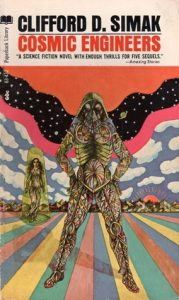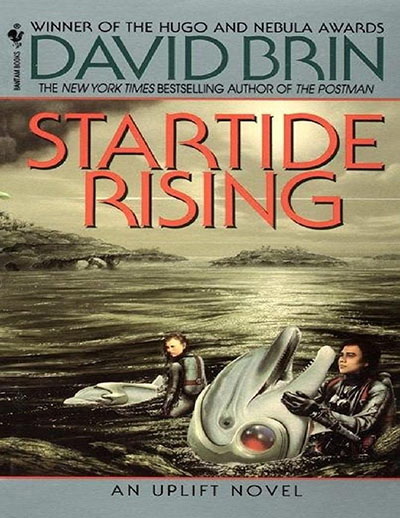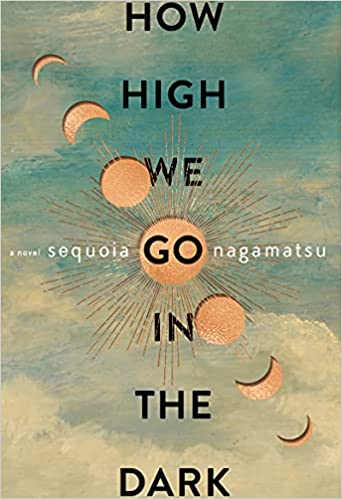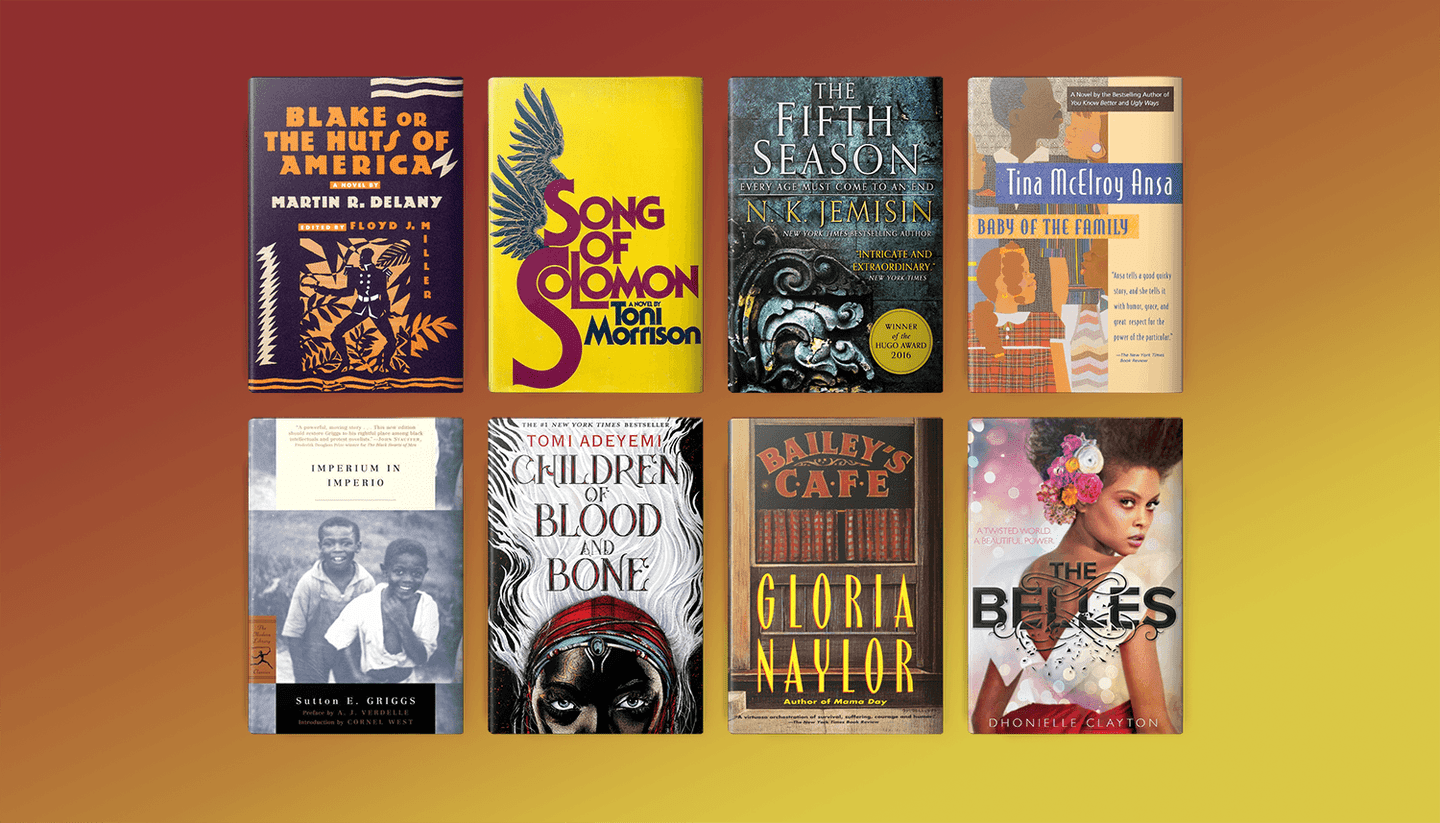This book caught my attention because of the title. The spine of the book was sticking out and it read “Terror” in a really small font and I thought, “wow thats really bad graphic design” so I picked it up.
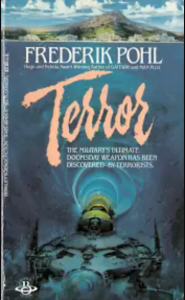
Little did I know, this book was based in my obscure hometown, Hilo, and the details of my town in this book were so accurate, down to Hawaiian culture and myths.
I tried researching whether the author, Frederick Pohl, had lived in Hawai’i for any amount of time but I couldn’t find anything. There was just a mention of him going on a cruise through the islands once.
But for some reason, he mentions Hawai’i occasionally in his other works and knows a strange amount about the geology and history of the islands, probably from the extensive research he had done for this book.
The premise of the book is strange. It centers around two terrorist groups; one is a group of locals/Hawaiians that are anti-colonial and want white people and their impact off of the islands. The other group is the US government which is conspiring to insert a nuclear bomb into a dormant volcano near the islands in order to create an explosion as large as the one that killed the dinosaurs, in order to create a cloud of dust that would lower the grain productivity of the Soviet Union. It’s pretty absurd and I would love to know how it ends, but I am a bit past halfway done and this post is already overdue.
I am kind of confused as to whether this is definitively SF but if it is then it may be colonization, apocalyptic, and hard SF due to the chapters of pure scientific explanations.
I don’t recommend it but it isn’t necessarily bad or too offensive, more funny.
I like that there is so much research into Hilo and volcanoes, and I don’t really like how there was a solid paragraph justifying why the main character (white mainlander) couldn’t tell apart “orientals” which were so abundant here haha.
Pohl, Frederick. “Terror” (1986). New York: The Berkley Publishing Group, 1989.


